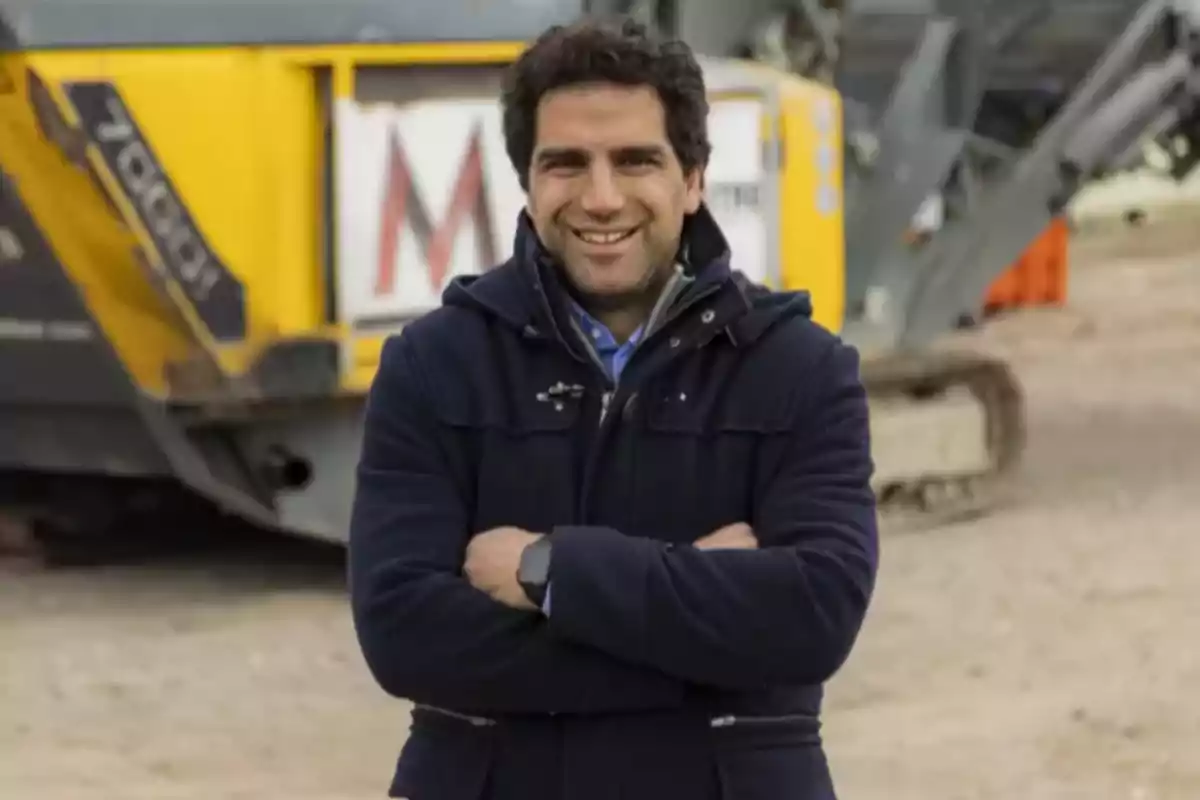
What is UNAJE and how does it empower young entrepreneurs in Argentina?
UNAJE brings together more than 500 entrepreneurs under the age of 45 who generate 32,000 direct jobs and seek to transform the way of doing business in Argentina
A new generation of Argentine business leaders seeks to break away from traditional practices in the private sector. Under the umbrella of UNAJE (Unión Argentina de Jóvenes Empresarios), more than 500 entrepreneurs and business leaders under 45 years old generate 32,000 direct jobs and reach a consolidated turnover that exceeds US$4 billion annually.
Their proposal is clear: to build a more open, diverse, and federal business model that is committed to the community.
What is UNAJE and how did it start
The Unión Argentina de Jóvenes Empresarios is an organization that brings together business leaders from different provinces of the country with the goal of strengthening the productive fabric and promoting a different kind of business leadership. Unlike more traditional structures, UNAJE emphasizes innovation, sustainability, and the generation of positive impact in the communities where they operate.
"Old practices were more tied to particular interests and short-term logic. We believe that Argentine business leaders must be part of the solution: more open, more diverse, more connected to the community and to the world," explains Miguel Ippolito, president of UNAJE and partner at Grupo Mitre.

A growing economic and social impact
UNAJE companies are present in 15 provinces, with more than 75% of their members outside AMBA. Their contribution to Argentina's GDP is significant: not only because of the turnover of more than US$4 billion annually, but also because of their ability to generate quality jobs and foster local roots.
There are plenty of examples: from knowledge economy startups that export services abroad to renewable energy projects or recycling plants that drive environmental and social sustainability.
Challenges and proposals for the future
For young business leaders, Argentina's competitiveness depends on clear rules, access to financing, and bureaucratic simplification. "We don't believe that the solution is just to lower taxes. What we need are stable conditions for investment, accessible credit, and active policies for training in trades and the knowledge economy," Ippolito emphasizes.
UNAJE warns about the country's low business density: just 14 companies per thousand inhabitants, compared to 25 in Brazil or more than 30 in Mexico and Chile. For this reason, they highlight the need to encourage the creation of more companies that can drive economic development.
A look toward Latin America
The organization also sees Latin America as a strategic space for the internationalization of Argentine companies. "Latin America is a natural market for us. We share culture, language, and time zone. If we build trust and stability, we can compete very well in the region," Ippolito concludes.
In summary, UNAJE not only represents young business leaders: it symbolizes a renewed vision of how to do business in Argentina, where economic growth is understood as a collective and federal project.
More posts: